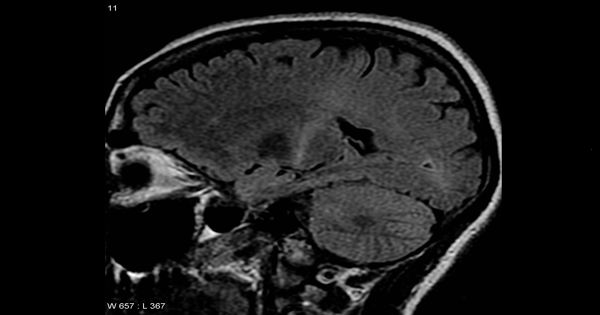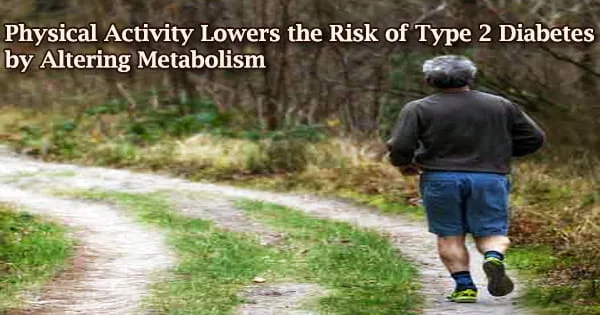Although genetics plays a significant part in determining a person’s risk of acquiring type 1 diabetes, environmental and lifestyle variables also play a role. A team of researchers investigates the interaction between hereditary and environmental factors in a recent article published in the Chinese Medical Journal by summarizing the literature on type 1 diabetes and epigenetics—the study of how gene expression patterns can be affected. These discoveries have significant implications for the treatment of type 1 diabetes.
Children with type 1 diabetes have epigenetic changes in immune system cells even before the disease’s antibodies are found in their blood. The findings of two new research open up new avenues for identifying children with a genetic predisposition to diabetes at a young age.
Epigenetic alterations can have an impact on how our genes function. Epigenetic modifications can be caused by environmental causes such as viral infections. Two recent investigations headed by Turku Bioscience experts at the University of Turku, Finland, uncovered abnormalities in the epigenetic makeup connected to diabetes.
Our epigenetic observations are incredibly important since our goal is to develop ways and tools to prevent the beginning of type 1 diabetes in children who are at risk of developing the condition.
Professor Laura Elo
“We discovered previously undiscovered epigenetic alterations that occur at a young age. They provide us with new potential to further develop methods of identifying children who are at risk of developing type 1 diabetes even before they become ill “Professor Riitta Lahesmaa, Director of Turku Bioscience and group leader in the InFLAMES research flagship initiative, agrees.
Previous research has found that particular antibodies found in children’s blood samples suggest a higher risk of acquiring type 1 diabetes in the near future. So that medical professionals can intervene in the disease even earlier, earlier disease markers are required than antibodies to detect the risk. This entails looking for biomarkers that indicate type 1 diabetes, and epigenetic modifications could be one of them.
“Our epigenetic observations are incredibly important since our goal is to develop ways and tools to prevent the beginning of type 1 diabetes in children who are at risk of developing the condition,” Professor Laura Elo adds. Elo is the Director of Turku Bioscience’s Medical Bioinformatics Centre and a group leader in the InFLAMES research initiative.

Finnish children have an increased risk of developing type 1 diabetes
The risk of type 1 diabetes in children in Finland is the highest in the world. Environmental variables, in addition to genetic predisposition, play a significant role in the development of the disease. Excessive hygiene, biodiversity loss, and environmental poisons are examples of environmental causes.
The newly published papers are the result of a long-term multidisciplinary research partnership with worldwide collaborators. The study team included doctors who care for patients as well as conduct clinical research, molecular medicine and immunology researchers, and computational science professionals. Researchers used deep sequencing to cover the complete genome, as well as computational tools and artificial intelligence, to analyze longitudinal samples in the experiments.
“Our research was made possible by close collaboration with Professor Mikael Knip of the University of Helsinki, who supervises an EU-funded project. He is also a prominent scientist in the national Type 1 Diabetes Prediction and Prevention (DIPP) project, which was a collaborator in the other study” Professor Lahesmaa is a standout.
To better understand the risk factors for type 1 diabetes, medical experts have turned to the discipline of epigenetics, which analyzes how environmental and lifestyle variables can change gene expression without altering the underlying DNA sequence. Several research groups have published papers in recent years indicating that epigenetic modifications related to environmental circumstances contribute to the development of type 1 diabetes.
Noncoding RNAs, which are RNA molecules with functional tasks other than supplying instructions for protein production, can also display epigenetic effects. Noncoding RNAs are a broad family of genetic molecules that can bind DNA, other RNA strands, and proteins. They have the ability to stimulate or suppress the expression of specific genes through their diverse functions. Recent research has found that noncoding RNAs can contribute to type 1 diabetes by affecting the immune system and generating cell malfunction.
















